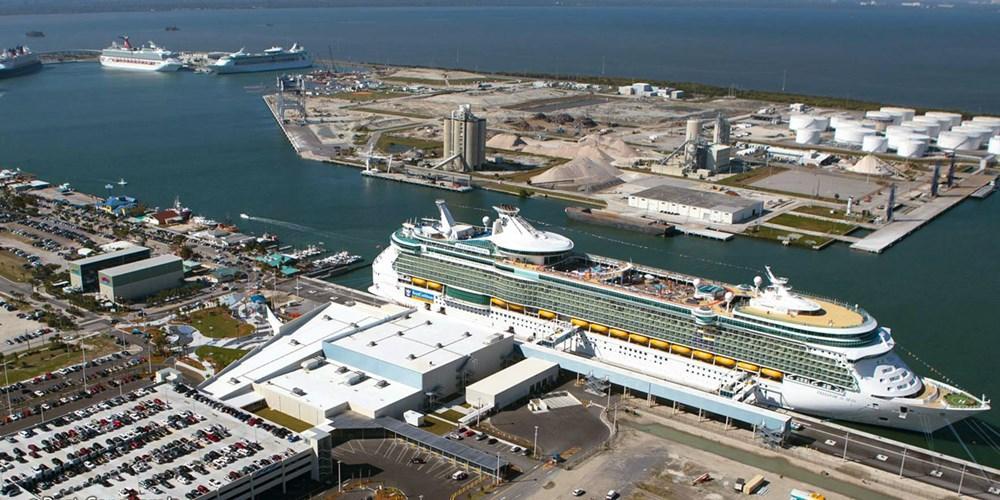Port Canaveral (Orlando City, Florida) ended its 2019-2020 budget year with USD 18,36 million loss, attributing much of it to the pandemic.
The CDC's no-sail order for cruise lines is scheduled to expire on Saturday, October 31. But the agency have the option to extend the order for the 4th time. After the order is lifted, Port Canaveral Chief Executive Officer John Murray revealed he expected it would be another 45-60 days before sailings resume at the Port.
Murray said cruise lines would need to reassemble their crew, who live throughout the world and to prepare cruise ships that have not taken on guests since March for commercial sailings. Additionally, the cruise ships will have to sail from their current locations to the Port.
"We're hopeful that this is the weekend that we can get the green light (from the CDC) to start putting things forward," Murray said to Canaveral Port Authority commissioners at a meeting on Wednesday, October 28.
During the meeting, port commissioners unanimously approved increasing the line of credit with Truist Bank to US$35 million, an increase of US$10 million. That is on top of a US$10 million increase port commissioners approved in August, from US$15 million to US$25 million, for the line of credit with Truist - the bank that was formed via the merger of SunTrust and BB&T.

The Port's US$18.36 million loss for the budget year that ended on September 30 compares with a profit of US$24.26 million in the 2018-2019 budget year. Operating revenue decreased from US$106.51 million in 2018-2019 to US$67.11 million in 2019-2020.
Port Canaveral was the second-busiest cruise port in the world in terms of passenger volume, trailing only Florida's PortMiami.
4 major cruise shipping companies have vessels based at Port Canaveral - CCL-Carnival, Disney, NCL-Norwegian and RCI-Royal Caribbean. A 5th cruise line, MSC, was intending to homeport a ship there before the end of 2020.